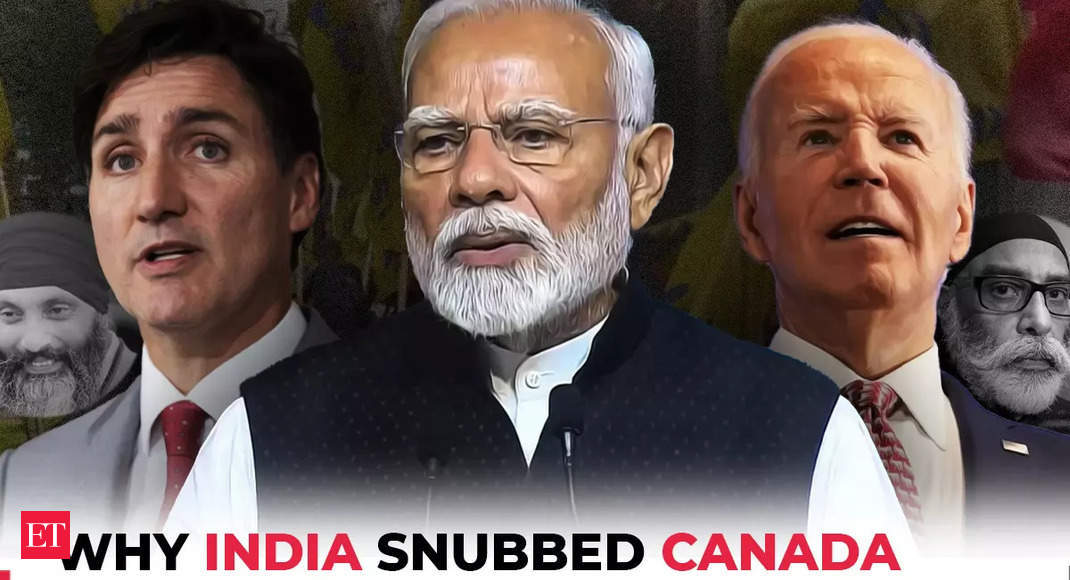 |
|
The recent diplomatic tension between India and Canada highlights the complex nature of international relations, particularly when sensitive issues like terrorism and political assassinations are involved. While India has agreed to cooperate with the United States on the investigation into a murder plot against Sikh separatist leader Hardeep Singh Pannun, it has categorically rejected Canada's request for a probe into the death of another Sikh leader, Hardeep Singh Nijjar. This stark contrast in India's approach raises crucial questions about its geopolitical priorities and the delicate balance it attempts to maintain between its relationships with different nations.
The Pannun case centers around alleged threats and a potential assassination plot against the leader of the Sikhs for Justice (SFJ), an organization that India considers a terrorist group. The US, which shares India's concerns about the SFJ's activities, has taken a proactive stance in investigating the matter. This collaboration between India and the US underscores their shared interests in combating terrorism and ensuring security in the region. The willingness of both nations to work together on this issue showcases a strong diplomatic alliance and a common goal of maintaining regional stability.
However, India's stance on the Nijjar case appears to be driven by different considerations. Nijjar was a prominent Sikh activist who had been critical of the Indian government. His death under mysterious circumstances in Canada has led to accusations of involvement by Indian intelligence agencies, which India vehemently denies. Refusing to cooperate with the Canadian investigation can be seen as a way for India to avoid scrutiny and potential embarrassment on an international stage. The decision might also be influenced by the belief that such an investigation could further strain relations with Canada, which has already voiced concerns over human rights violations in India.
This contrasting approach by India towards the Pannun and Nijjar cases raises concerns about potential double standards and a lack of transparency in its handling of international investigations. The differing responses reflect the complex dynamics of power and influence in international politics. India's actions highlight the intricate balancing act it undertakes in managing its relations with various nations, particularly those with competing interests in the region.
The diplomatic row sparked by India's refusal to cooperate with Canada on the Nijjar case is likely to have far-reaching consequences. It has already strained relations between the two countries and could further complicate future collaborations. The incident serves as a stark reminder of the challenges inherent in navigating a multipolar world, where differing national interests often collide, and navigating these complexities requires careful diplomacy and a commitment to transparency.
Source: Why India snubbed Canada on Nijjar probe, but cooperating with US over Pannun murder plot case
